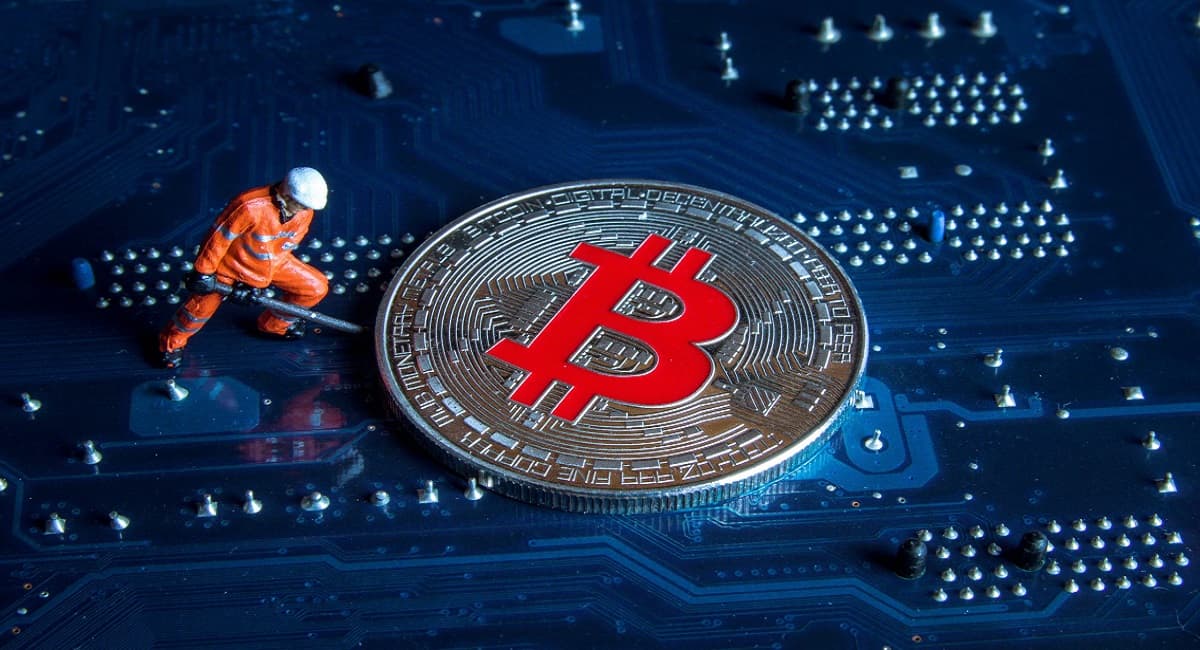Bitcoin has drawn more attention in recent years as digital money that has the potential to change how we conduct transactions. The function of Bitcoin in enabling transactions has grown even more significant as we transition to a society that uses less currency. In this post, we will discuss the idea of a cashless society, the current situation of Bitcoin, and how Bitcoin might affect our financial future. Visit cryptocurrency exchange platforms like the Bitcoin 360 AI to convert your digital currency into actual money.
The Concept of a Cashless Society
When actual cash is no longer the primary means of payment for transactions, society is said to be “cashless.” Instead, purchases and other financial activities are facilitated by the usage of digital payments. A cashless society aims to establish a more effective, secure, and open payment system. In many regions of the world, the shift to a cashless society has already started due to the growth of digital payments and Internet banking.
A cashless society’s proponents claim that it might reduce crimes like theft and money laundering. Additionally, it would be simpler for governments to keep track of and monitor transactions for regulatory and tax purposes. Additionally, a cashless society might result in quicker and more productive transactions, saving time and resources.
Read More: Sites Like Bitcoincasino
Concerns exist, though, regarding the dangers and drawbacks of a cashless society. A fully digital system, for instance, would be susceptible to hacking and cyberattacks, which could result in the loss of financial and personal data. Concerns regarding privacy and surveillance are also present because governments may have access to all economic activities.
In this circumstance, Bitcoin’s function in a cashless society has greater significance. In contrast to conventional banking institutions, Bitcoin provides a secure and open alternative to decentralized digital money. But how is Bitcoin doing right now, and how might it affect how we manage our money in the future?
The Future of Bitcoin in a Cashless Society
Unquestionably, Bitcoin has the potential to play a vital role in a cashless world. In contrast to conventional financial institutions, Bitcoin provides a secure, open, and effective alternative to decentralized digital money. It can potentially lower transaction costs and broaden financial inclusion, especially in nations where traditional banking services are not widely available.
One of its main advantages is that Bitcoin is not manipulated or controlled by the government. Because of this, it may be a tempting substitute for people and organizations that are cautious of centralized financial systems. This can make it a risky investment because it also means that it isn’t supported by any tangible assets or guarantees from the government.
Government regulation is another issue that will affect Bitcoin’s future. Other nations have been warier, while some have embraced Bitcoin and other cryptocurrencies. Government regulation can significantly affect the uptake and value of Bitcoin, and more laws may make it less desirable as an investment.
Despite these difficulties, it is impossible to overlook the potential influence of Bitcoin and blockchain technology on our financial future. Blockchain technology provides a decentralized and open system of record-keeping that may find extensive use in sectors outside of finance. The largest and best-known cryptocurrency, Bitcoin, is expected to be crucial.
Read More: Bitcoin Hero Alternatives
Although many still regard Bitcoin and other cryptocurrencies, their potential to revolutionize our financial systems cannot be discounted. The role of Bitcoin is expected to keep changing as we transition to a society that uses less cash, presenting new opportunities and difficulties for investors, authorities, and everyday people alike.
Conclusion
In conclusion, while Bitcoin’s future in a world without currency is unclear, our financial systems may be significantly impacted. Bitcoin has benefits in terms of security, transparency, and efficiency due to its decentralized nature. It must also contend with market volatility and regulatory ambiguity, though.
As we move towards a more cashless society, Bitcoin’s role will likely continue evolving, offering new opportunities and challenges for investors, regulators, and individuals. While the risks and uncertainties surrounding digital currencies cannot be ignored, staying informed and making informed decisions can help shape our financial systems’ positive and sustainable future.
